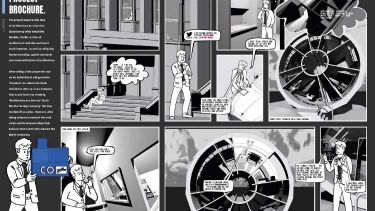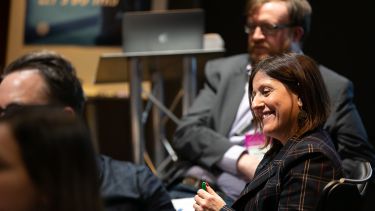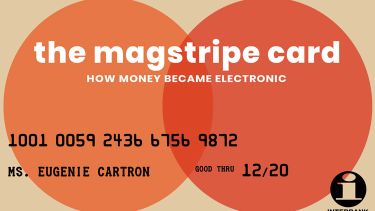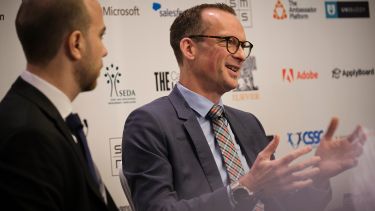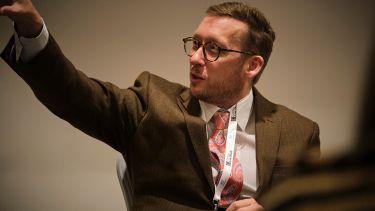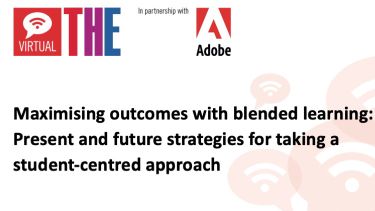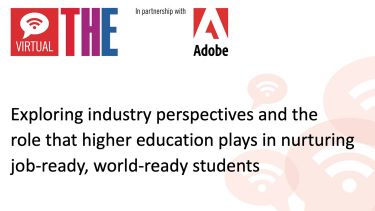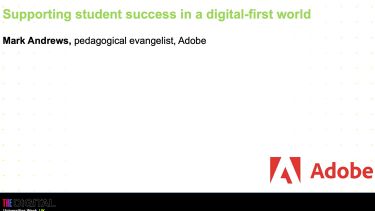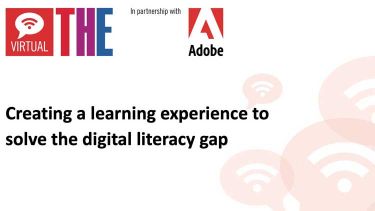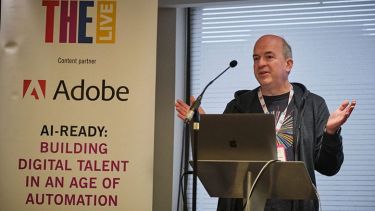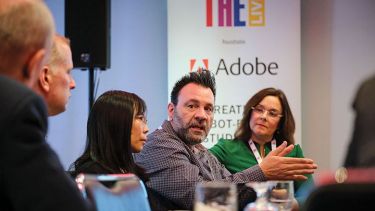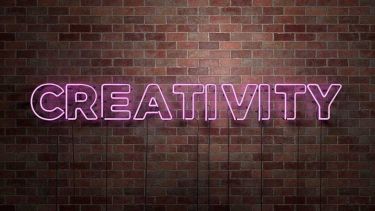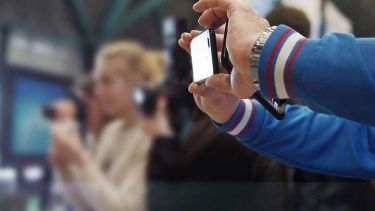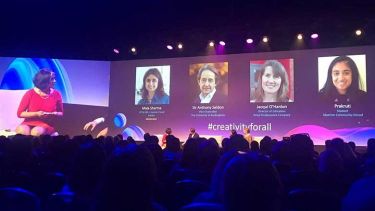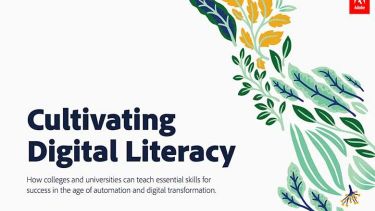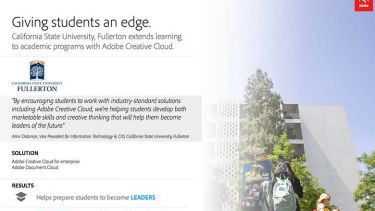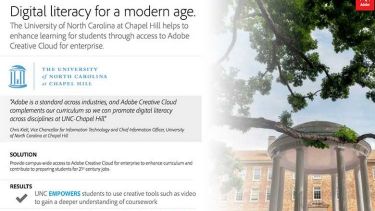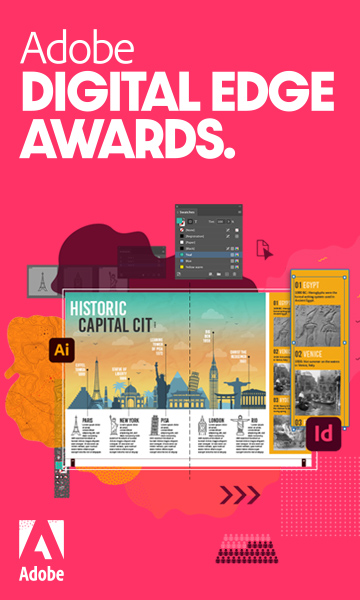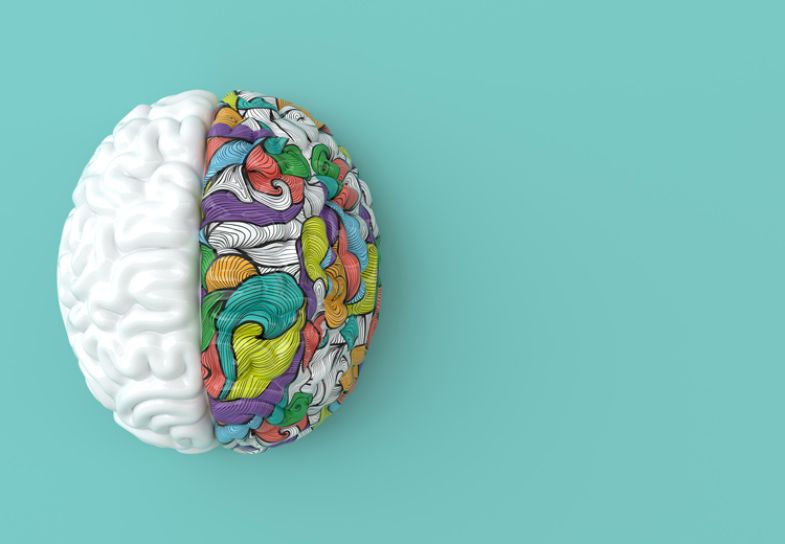
‘Human factors’ need to be highlighted and embedded in curricula to ensure employability
A narrow focus on just knowledge or skills is not preparing graduates for the future, says Doug Cole, deputy director of employability at Nottingham Trent University, who has a doctorate in learning for employability. Universities also need to focus on human factors to boost student employability.
Digital tools – such as Adobe’s Creative Cloud, which offers more than 20 apps to make creative content – allow students to express these personal qualities, irrespective of the discipline they are in. The Adobe Digital Edge Awards offer students a platform to explore their digital creativity while learning digital skills.
“The technical skills are one thing, but I see opportunities with Adobe for students – any student on any subject – to use their tools and platforms to express their personal qualities in a more creative way,” says Cole.
“You can get knowledge from your phone any time of the day, and technical skills are going to change year-on-year,” he explains. “In education, we have to value more durable personal qualities, such as creativity, resilience and emotional intelligence.”
Since the 1960s, the UK government and the media have been talking about the “skills gap” and how it affects employability, Cole says. “Maybe we’re not talking about the right thing. Maybe it’s not just about skills, maybe it’s about attitude, behaviour, values and areas such as creativity."
He calls these personal qualities “human factors”, and they are essential for graduates to be “future-facing”. “How do you demonstrate resilience? How do you demonstrate self-efficacy? How do you demonstrate emotional intelligence?” he asks. “The answers is, ‘in lots of ways’, but isn’t it more creative to have a student design a webpage, talking about who they are, their personality, their character, rather than writing an essay or a report?”
These human factors should be embedded in the foundations of curricula, he says. If universities continue to leave these implicit and hidden from students, “we will keep having employers saying that they have graduates coming out who aren’t prepared for the workplace, who can’t necessarily work well with other people, who can’t articulate the depths of their experience and capabilities because they have never needed to do so before”, says Cole.
At a course level, educators must define the human factors they are trying to instil and explicitly tie that to learning outcomes. “In education, we can often work in silos, and if you can get those multiple teams to unpack why they’re doing things, then you see these common threads like creativity and resilience,” Cole says. “You’ve got golden threads that run through all educators’ and support services’ work, making us better placed to combine these efforts to promote and nurture students’ human factors further.”
Also, it is important to recognise that “there’s a lot of learning that’s taking place simultaneously in our lives, beyond the formal educational setting”, Cole says. He refers to this as “lifewide learning”. From volunteering and relationships with friends to hobbies and part-time jobs, students are learning outside universities, and this learning should also be recognised in the educational setting as supporting the development of those personal qualities that are so important.
Focusing on human factors more will allow students to better understand their personal identity, who they are, which sector they want to be in, and the goals they want to achieve. “Do employers and academics want confident people who know who they are, where they want to be, and where they want to go? I’d say absolutely, yes,” Cole explains.
Empowering students to engage with technological tools, such as Adobe’s Creative Cloud, creatively and on their own terms, can help them reflect on these kinds of questions, articulating their responses in a more creative way and developing their digital capabilities at the same time.
Find out more about the Digital Edge Awards and how students can enter.


